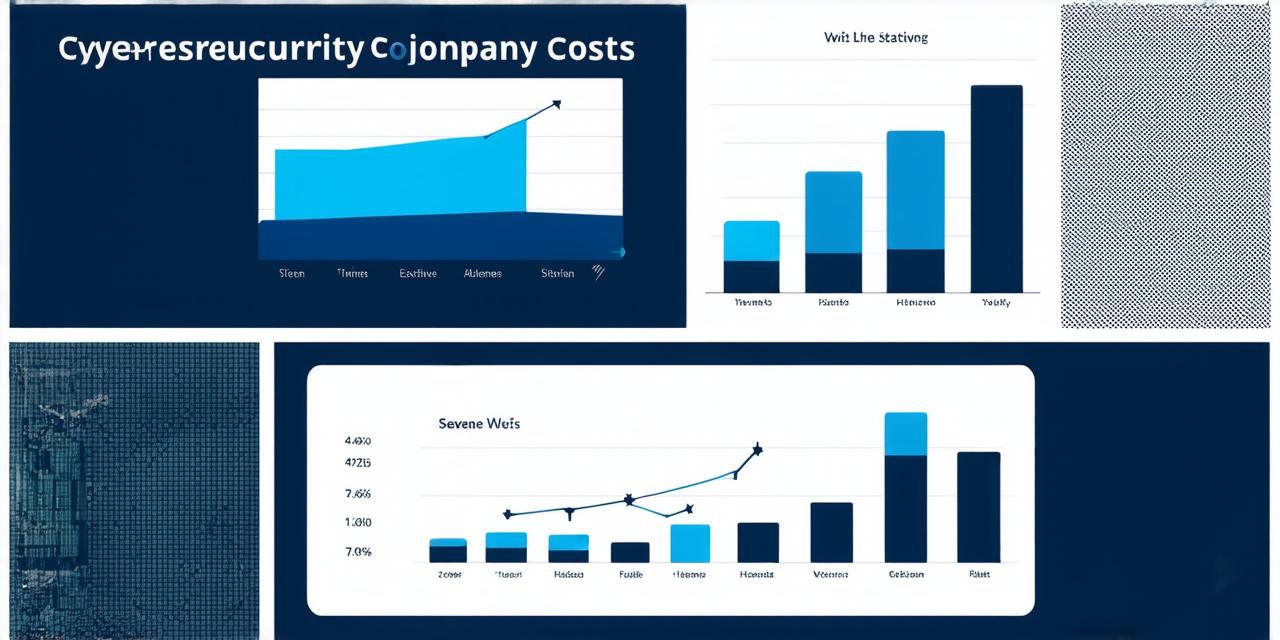Cybersecurity is becoming an increasingly important industry as more and more businesses rely on technology to store and manage their data. This has created a growing demand for cybersecurity services, making it a lucrative business opportunity for entrepreneurs. However, starting a cybersecurity company can be expensive, and many people are unsure of how much they need to invest in order to get started. In this article, we will provide a comprehensive guide to the costs involved in starting a cybersecurity company, including startup costs, ongoing expenses, and potential revenue streams.
Startup Costs
The startup costs for a cybersecurity company can vary widely depending on the size and scope of the business. Some of the key factors that will impact your startup costs include:
- Business registration fees
- Legal fees
- Office space rental or purchase
- Equipment and technology costs
- Marketing and advertising expenses
Business registration fees can range from a few hundred dollars to several thousand dollars, depending on the state in which you choose to incorporate your business. Legal fees will also vary depending on the complexity of your business structure and any legal issues that may arise.
Office space rental or purchase can be another significant expense for a new cybersecurity company. You will need a secure location from which to operate, with sufficient space for employees and equipment. Renting office space can be expensive, but it allows you to easily scale up or down as your business grows. Alternatively, purchasing office space outright can be more cost-effective in the long run, but requires a significant initial investment.
Equipment and technology costs are also a major factor in the startup costs for a cybersecurity company. You will need to purchase hardware, software, and other equipment to support your operations, including servers, workstations, firewalls, and antivirus software. The cost of these items can vary widely depending on their quality and brand, but it’s important to invest in reliable, high-performance equipment that will meet the needs of your business.
Marketing and advertising expenses are also a significant factor in the startup costs for a new cybersecurity company. You will need to develop a marketing strategy to attract clients and build brand awareness, which may involve online advertising, social media marketing, and other promotional activities. The cost of these activities can vary widely depending on the target audience and channels you choose to use, but it’s important to invest in effective marketing if you want to grow your business.
Ongoing Expenses

In addition to startup costs, there are ongoing expenses that you will need to consider when starting a cybersecurity company. Some of the key factors that will impact your ongoing expenses include:
- Salaries and wages for employees
- Employee benefits and insurance
- Technology maintenance and support
- Marketing and advertising expenses
- Office space rental or mortgage payments
Salaries and wages for employees are a significant ongoing expense for any business, but particularly for a cybersecurity company that requires specialized skills and expertise. You will need to pay competitive salaries and benefits to attract and retain top talent in the industry.
Employee benefits and insurance are also important considerations when starting a cybersecurity company. You will need to provide your employees with health insurance, retirement plans, and other benefits in order to compete for top talent. Additionally, you will need to obtain liability insurance to protect your business against legal claims.
Technology maintenance and support is another ongoing expense that you will need to consider when starting a cybersecurity company. You will need to invest in regular software updates, hardware upgrades, and technical support to ensure that your systems are secure and functioning properly.
Marketing and advertising expenses are also an ongoing cost that you will need to consider when starting a cybersecurity company. You will need to develop a long-term marketing strategy to attract clients and build brand awareness, which may involve online advertising, social media marketing, and other promotional activities.
